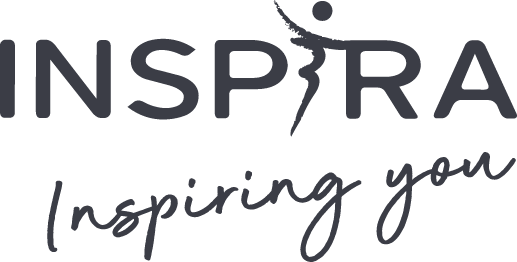This month sees major changes to the way that children and young people with special educational needs and disabilities (SEND) are supported. The SEND reforms are set out in part 3 of the Children and Families Act 2014, and apply to England only.
There is also a new SEN code of practice: 0 to 25 years which tells local authorities, schools and others how they must carry out their duties under the new law. The new law aims to improve the system by giving more importance to the views, wishes and feelings of children, young people and their families. The new legislation has an increased age range of 0-25 and the three significant areas of the reforms are:-
- The replacing of a Statement of LDD with an Education, Health and Care Plan
- The development of a Local Offer
- Joint commissioning of services
The guidance states that ‘Learning Difficulty Assessments should be phased out by September 2016 and statements should be phased out by April 2018 although this can happen more quickly if desired’.
In Cumbria, the Local Authority is working towards a phased approach:
- No further LDAs will be produced.
- All new entrants into the system will have a EHC Plan produced.
- Between September 2014 and August 2015 young people in Years 9, 11 and 14 who currently hold a statement of LDD will have these statements converted into a EHC Plan ‘light’.
- Further conversion will take place over the following three years.
As the lead organisation in the county of supporting young people to make successful transitions, Inspira will have a part to play in the conversions of the year 11 and Year 14 statements to Education Health Care Plans. This is currently being negotiated with the Local Authority and more information will be available soon. To support staff to understand the implications of the new SEND Reforms, Local Authority Officers will attend area team meetings during September and early October to provide detailed information. During the same period there will also be workshops for those staff who are likely to be involved in converting to EHC Plans.






